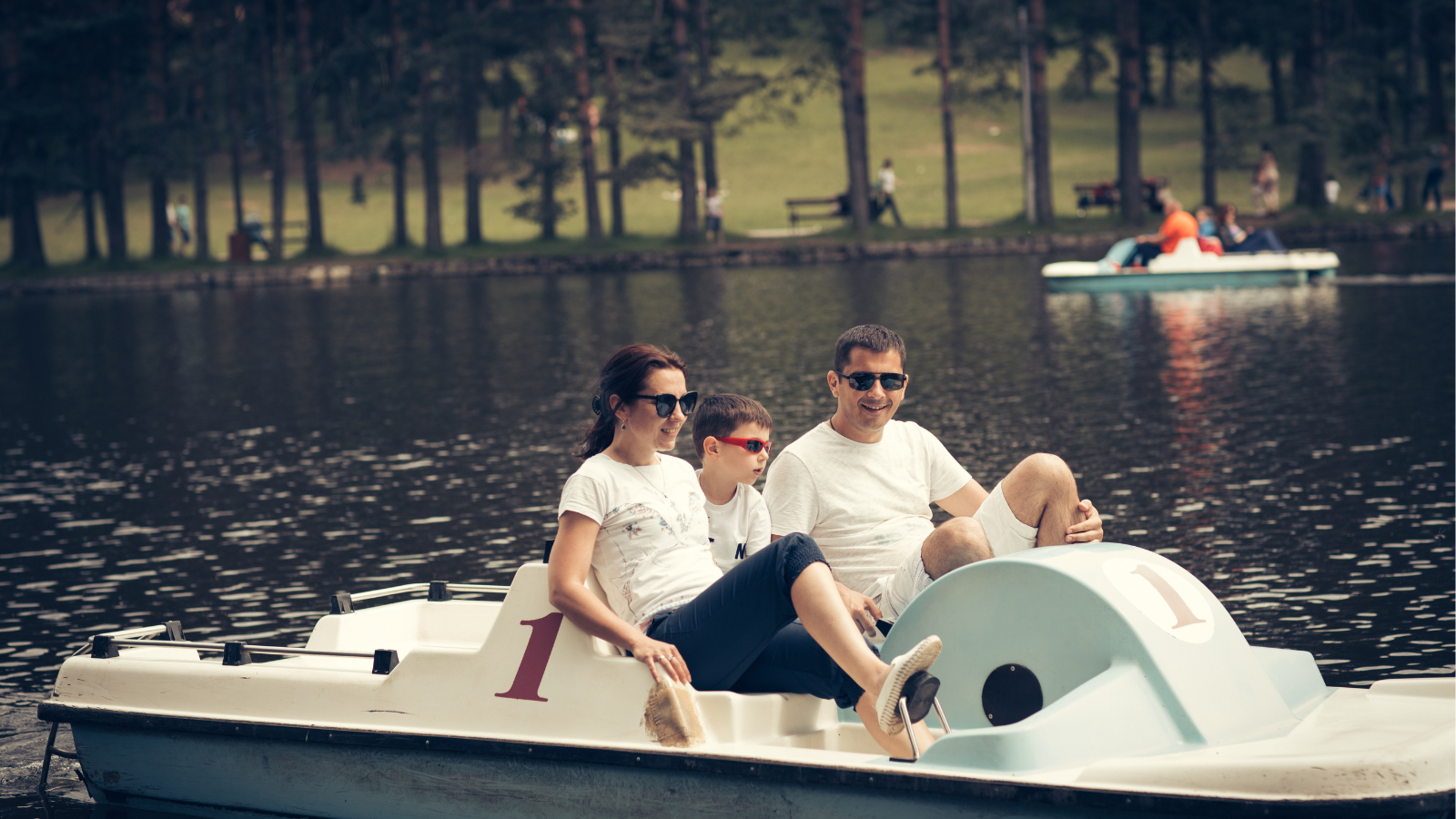Embracing the boat lifestyle is more than just a hobby; it’s a way of life that offers freedom, adventure, and a unique connection to nature. Whether cruising through serene waters or navigating the high seas, boat living presents endless opportunities for exploration and relaxation.
The boat lifestyle isn’t just about owning a vessel; it’s about adopting a mindset that values simplicity and sustainability. From knowing the basics of boat maintenance to learning how to live efficiently in smaller spaces, enthusiasts find joy in mastering the art of nautical living.
Boat Lifestyle Wiki
The boat lifestyle wiki offers a comprehensive guide to living on the water. It includes detailed categories such as necessary skills, equipment, and financial considerations for aspiring mariners.
- Skills: Navigational proficiency and maintenance expertise are crucial. These skills aid in ensuring safety and efficiency aboard the vessel.
- Equipment: Necessary items include navigation tools, communication devices, and safety gear, ensuring a well-prepared journey.
- Financial Considerations: knowing the costs of mooring, upkeep, and fuel helps manage a sustainable lifestyle, aligning spending with available resources.
The wiki also highlights real-life experiences from seasoned boaters. These narratives provide insight into adapting to challenges like weather or technical malfunctions.
 Exploring Boat Living
Exploring Boat Living
Living on a boat offers an unparalleled blend of freedom and nature, drawing people keen on exploring unique lifestyles. Immersing oneself in the rhythm of the waters can lead to a life filled with constant adventure.
The Appeal of Boat Living
Boat living attracts those seeking a minimalist and environmentally conscious lifestyle. The allure of open waters and the ability to travel without boundaries in one’s floating home captivates many.
Challenges of Life on the Water
Living on a boat presents distinct challenges that require adjustment and planning. Space constraints demand a level of adaptability not everyone possesses, as residents must organize belongings efficiently.
Community Insights and Stories
Experienced boaters share stories in the wiki, highlighting their journeys and lessons. They describe vibrant social connections formed while docking in marinas and anchoring in secluded bays.
Tips for Newcomers
For those new to boat living, the wiki offers practical advice. They recommend starting with short trips to acclimate to life aboard. Learning basic maintenance skills ensures fewer surprises.
Popular Destinations for Boat Enthusiasts
Coastal regions provide boaters with stunning views and dynamic marine life. The Caribbean islands crown the list with crystal-clear waters and vibrant reefs, perfect for snorkeling and diving.
Inland waterways offer tranquil explorations away from the ocean’s open waters. The Great Lakes in North America possess expansive waters and diverse cultural ports. Europe’s Danube River spans several countries with historic cities and picturesque landscapes along its banks.
Maintaining a Boat
Effective boat maintenance enhances safety and extends a vessel’s lifespan. Regular upkeep involves various tasks tailored to boat type and usage.
Regular Maintenance Routines
- Hull Cleaning: Removing algae and barnacles prevents damage and improves fuel efficiency.
- Engine Checks: Inspecting oil levels, spark plugs, and fuel lines ensures performance and detects wear.
- Electrical System Inspection: Verifying connections and battery condition reduces failure risks.
Common Issues and Solutions
- Corrosion: Metal components exposed to saltwater develop corrosion. Applying anti-corrosion spray and regular rinsing mitigates this.
- Propeller Damage: Debris can impair propellers. Inspecting for dents or wear, followed by prompt repair, maintains propulsion.
- Water Leaks: Seals deteriorate over time. Checking through-hull fittings and replacing worn gaskets prevent leaks.
Environmental Impact
The boat lifestyle impacts the environment through factors like emissions and waste. Emissions from boat engines contribute to air pollution and can affect local air quality, particularly in areas with heavy boat traffic.
Waste disposal poses another challenge. Boats often lack proper waste storage facilities, leading to improper disposal into waterways. Implementing environmentally-friendly waste management practices, such as using onboard sewage treatment systems, helps prevent water pollution.
Noise pollution also affects marine life. Engine noise can disrupt aquatic habitats and affect species communication. Utilizing quiet propulsion technologies and reducing speed in sensitive areas can lessen these disturbances.